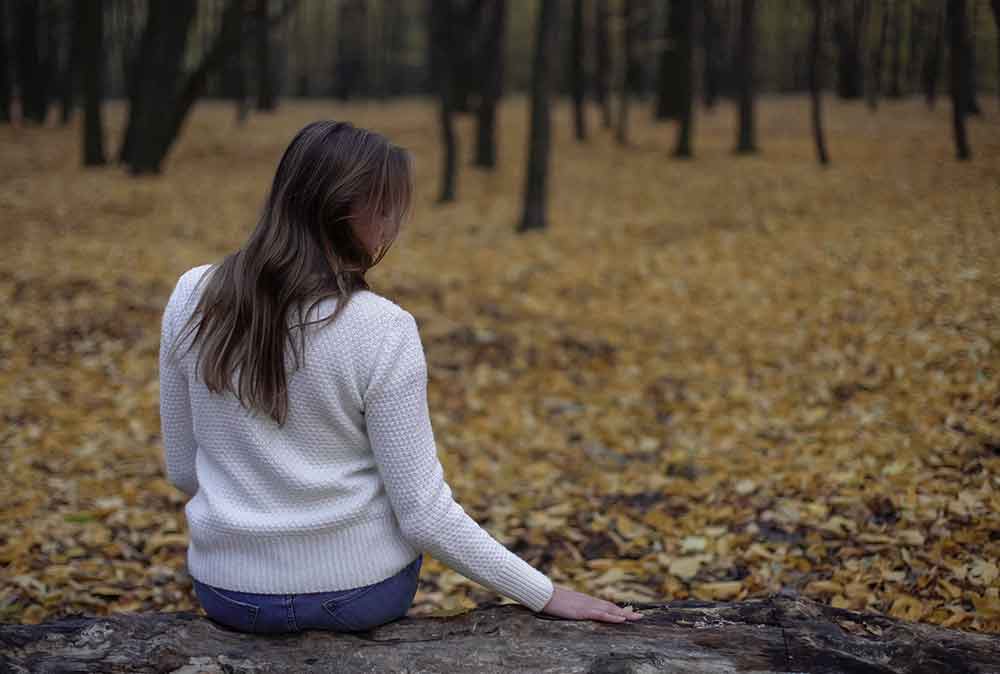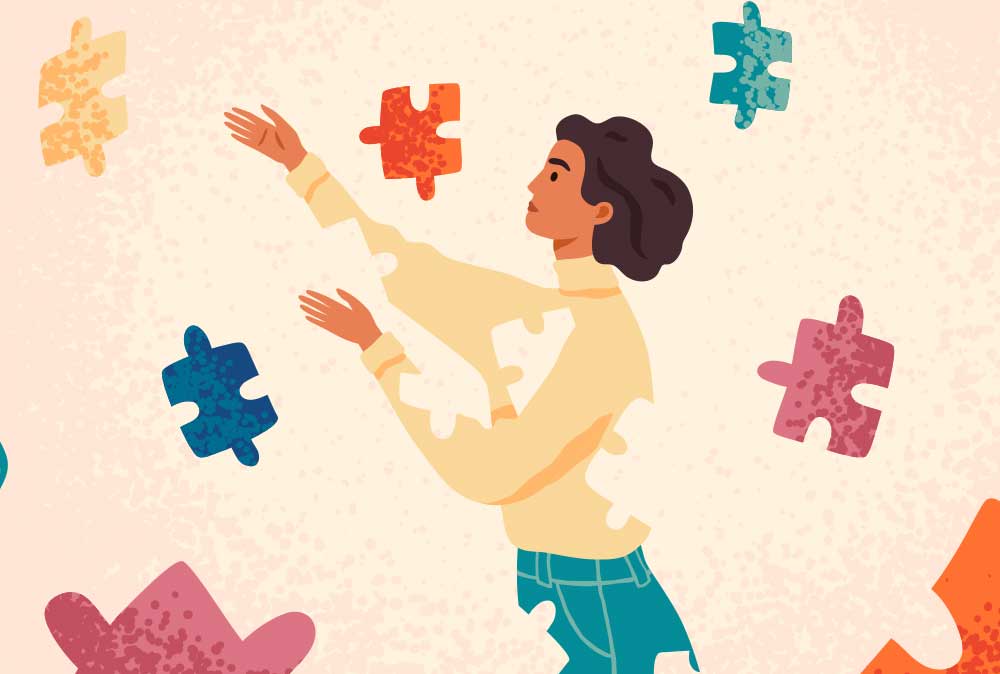I'm surrounded by friends who have lately lost loved ones, owing to the devastating second wave of the COVID-19 pandemic. Having someone close to you die is difficult even in the best of circumstances. When you're mourning over the festive season, it's very difficult.
For individuals who are mourning, the festive season, which begins informally in early October and concludes after New Year's Day, may be rather painful. This is a time of the year when there is a lot of hustle and bustle, as well as shopping and socialising with relatives and friends. We're all expected to be cheerful and merry. Some of us are on vacation during this period if we are fortunate enough to have a job.
You may be hesitant to seek assistance during normal times and believe that asking for a shoulder to weep on over the festive season would be selfish. This simply adds to your sense of loneliness and the fear that you're the only one who's grieving. This may make you feel panicked and as if the grief you're experiencing will stay forever.

Despite what you may have heard, mourning is a multifaceted process with no distinct stages. Sadness, anger, resentment, longing, numbness, lack of concentration, inability to attend, loss of appetite, sleeping issues, spinning the same thoughts and memories over and over, not believing that your loved one is truly gone, anxiety, and hopelessness are all part of the grieving process.
Because routine daily activities have given place to parties, gift-giving, and other celebrations, these feelings can be heightened over the festive season. Regular activities provide a necessary and expected distraction from your interior discomfort. You don't have to be in excruciating pain all of the time to work through your grief; it's perfectly acceptable to take a vacation from the pain.
So, the question does arise, is there really a good time to celebrate festivals, especially if you've lost someone? According to Ms Mehezabin Dordi, clinical psychologist, rehabilitation, and sports medicine department, Sir HN Reliance Foundation Hospital, Mumbai, it varies from person to person. She explains, "In terms of psychology, we must recognise that "grief" as a concept is unique to each individual, which means that everyone grieves in their own way, and the length of time varies from one person to the next. There isn't a right or wrong method to go about it. As a result, I don't believe there is a "best" time to celebrate festivals; instead, it depends on the individual. It's crucial, though, to pay attention to your sentiments about the loss and the sensations that a specific event may elicit in you."
She further adds, "It's natural to be sad that the person you've lost is no longer with you because this was a time you used to spend with them. You may have heightened sensitivity to objects or a sense of separation from others around you."

Coping Strategies
If you too have lost a loved one, here are some strategies shared by Dordi that can help you cope:
• Allow yourself some time out to feel sad and think about the person you love
• Think about all the things you liked about the person
• Do something that you used to do together
• Write a letter to the person
• Revisit a favourite spot where you spent time together
• Share some of your memories of them with others
• It’s okay to enjoy this time: You might find it difficult to celebrate when you're missing someone you love. You might experience a whole range of emotions, including sadness, guilt, or even excitement. Getting together with family and close friends may be a chance to remember the good times and to laugh. Remember, having fun isn’t a sign that you don’t miss the person you’ve lost.
• Look after yourself: Accept that this could be a tough time for you and that you might need to treat yourself with a bit of extra care. If possible, take some time out each day to treat yourself to something you enjoy.
• You might find it useful to talk to someone about how you’re feeling. This could be a family member, friend or co-worker. If you’re finding it hard to cope with day-to-day stuff, then it may help to talk to someone such as a counsellor.

And, in case you feel triggered during the festivities, Dordi says it's crucial to understand that your feelings are valid as the festive season may be a difficult time. Whether the person who died was elderly, young, or yet to be born, if their death was sudden or gradual if they died recently or years ago, it's perfectly alright to grieve.
"Dealing with grief is akin to confronting a phobia for many people. As a result, we must challenge ourselves, just as we would while confronting any fear. Be patient, strong, and understanding that grieving, healing, and accepting the loss of a loved one takes time. Don't be afraid to go at your own pace and take things one at a time. Please keep in mind that there is no right or wrong way to handle the holiday season after a loved one has died. It's critical to acknowledge rather than suppress your emotions. It's normal to feel both bad and happy emotions over the holidays if you're mourning. Be kind with yourself and realise that all emotions are valid," she suggests.
If you are still feeling overwhelmed, here are some other things you can try to cope with sadness and grief during the festive season:
Set boundaries
Even if your loved ones demand it of you, rememeber it is your choice to pick and choose what festivities you want to be a part of. Check in with your wants and feelings and take a call on what feels right to you in the moment. Try to find a balance between interacting with others and giving yourself time to heal.
Acknowledge your feelings instead of avoiding them
It is easy to drown grief in alcohol or even the company of others but running away from it only makes it worse. You may experience bitter-sweet feelings but be kind to yourself and understand that you can miss someone and enjoy being in the present. The fact that two feelings can coexist together is something we forget at times.
Plan ahead
Whether it is filling in the role of the person who has passed or anticipating your feelings, it might help to plan ahead and prepare for the festivities. This can help make your day a tad bit easier.
Create new memories
Making new memories can help you heal and besides, doing so does not mean you are forgetting older ones. Your loved ones would love to see you thrive and enjoying. Always validate your feelings and understand where the feelings of guilt are coming from.
Narrow down on activities that help
Create a routine for yourself that works, whether you are outside your home or staying in. It could be something as simple as reciting affirmations or practising yoga or even listening to music. The simple act of knowing what to do when grief hits, will feel reassuring.
The holiday season may not be as happy as we want them to be but it is normal to be hestitant about it. There is no right or wrong way to approach or celebrate the holiday season. If you feel the slightest bit of happiness, always yourself to enjoy and if you don't, that is alright too. Happy Diwali!